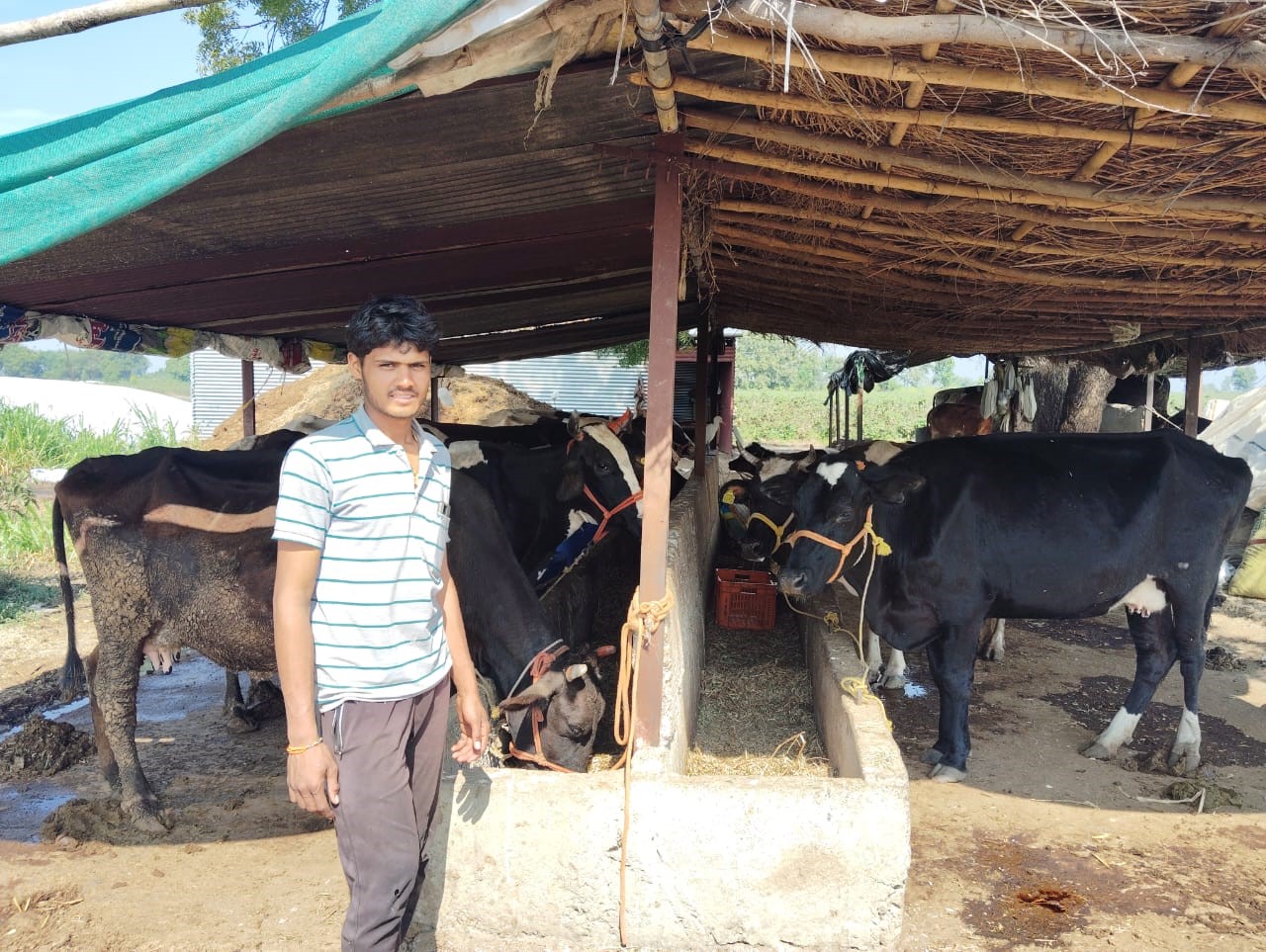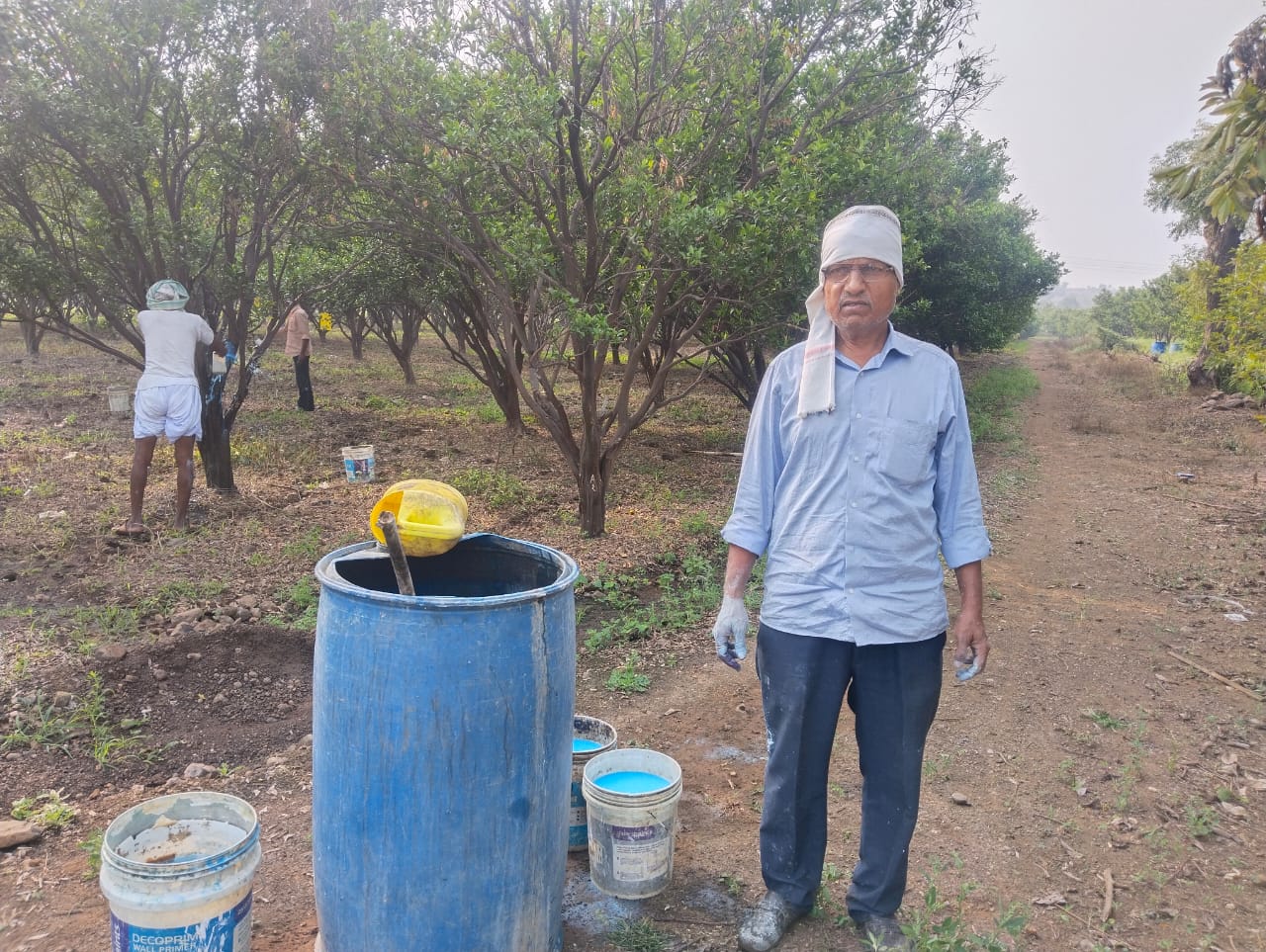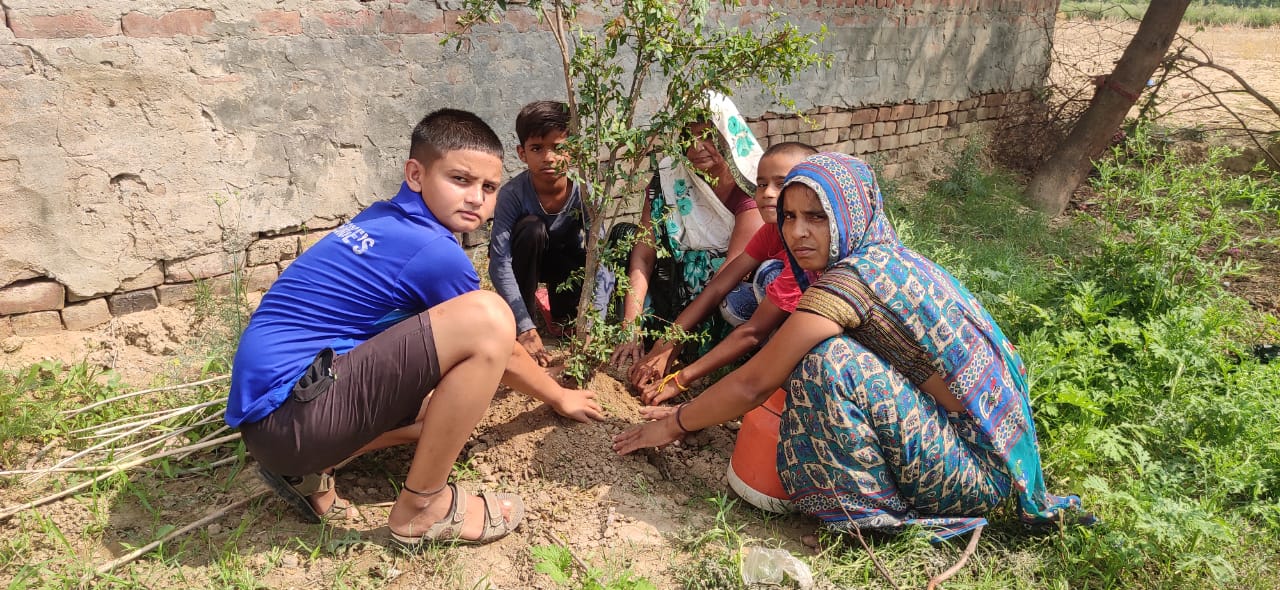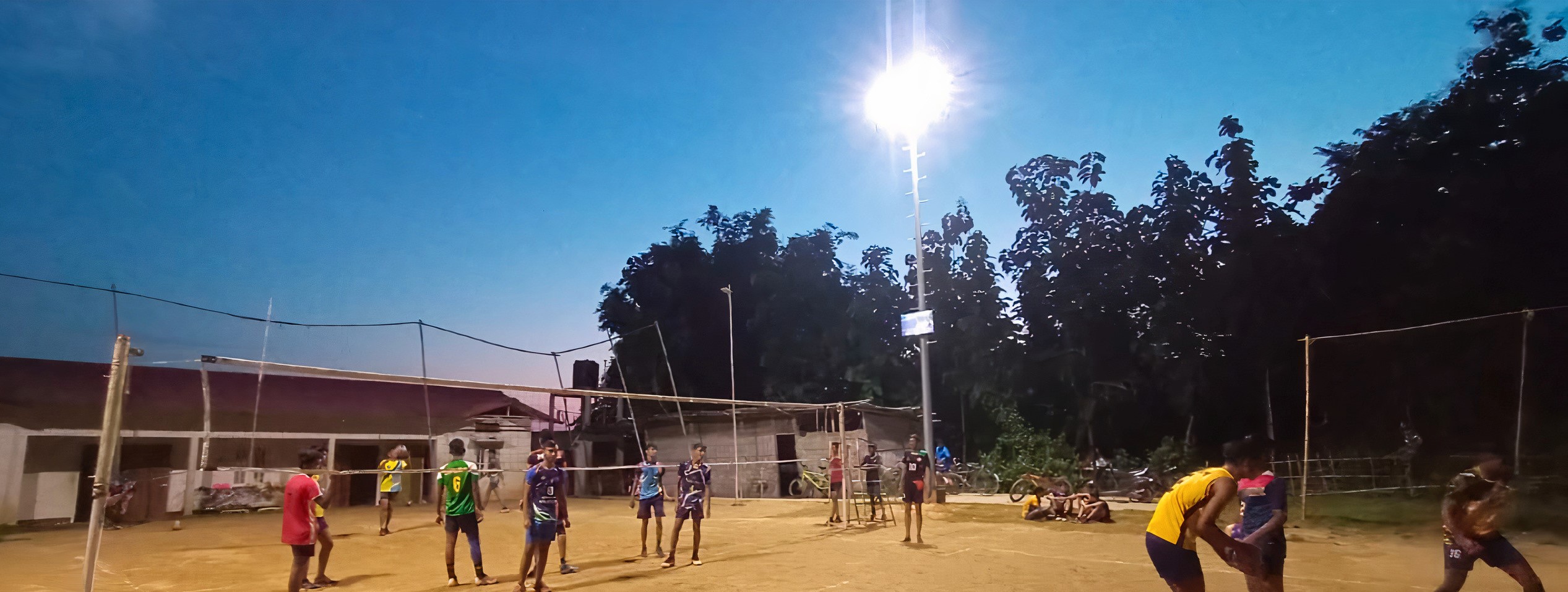A large number of children enrolled at Akanksha schools come from low-income families, where nutrition often ends up taking a backseat. Akanksha works closely with parents on creating awareness around health and nutrition.
As children grow, they need adequate nutrition to develop cognitive skills and abilities that impact their academic performances. In a country like India where poverty levels are high there are many challenges associated with providing children with safe and affordable access to healthy meals. A recent report by the Ministry of Women and Child Development has found 4.3 million children in India to be malnourished. Poor nutrition is one of the major reasons for absenteeism and low school attendance among students from underserved communities.
The Akanksha Foundation is trying to bridge this gap between malnutrition and learning loss. A non-profit that runs school based on the Public-Private Partnership (PPP) model in Mumbai, Pune and Nagpur, Akanksha operates on the belief that when we reimagine learning for students, we can pull their entire families out of poverty and address several allied Sustainable Development Goals (SDGs). Akanksha’s vision of delivering quality education for all children, no matter their background, aligns with the goal to ensure inclusive and equitable quality education for all.

For its students, Akanksha’s focus is on holistic growth that goes beyond the classrooms. It includes engaging with parents and communities to ensure students’ mental, emotional and physical wellbeing. A large number of children enrolled at Akanksha schools come from low-income families, where nutrition often ends up taking a backseat. Akanksha works closely with parents on creating awareness around health and nutrition.
In June this year, Shindewadi Mumbai Public School (SMPS), one of twenty-six Akanksha run schools, located in Dadar locality of Mumbai, was recognised for its efforts in prioritizing nutrition for its students by T4 Education, a UK-based organization. SMPS was shortlisted in the top 10 schools of the World’s Best Schools(WBS) prizes in the ‘Supporting Healthy Lives’ category.
Since its inception 14 years ago, the school has introduced several programs focusing on the health and well-being of children. With Covid-19 having severe implications on the health and education of children, Akanksha’s belief in healthy living became even more relevant.
Making nutrition top priority
In 2022, after schools opened post the COVID-19 pandemic, SMPS found that children were showing signs of low immunity. Nearly 80% of parents at SMPS are employed as sweepers or sanitation workers in government/ private hospitals and societies. Many of them lost their jobs during the pandemic, which impacted their purchasing power. The lack of proper meals led to many children falling ill.
To tackle the issue of malnutrition, public schools in India carry a mandate to check every child’s weight and height enrolled within classes I to X, along with providing free of cost mid-day meals. During one such assessment, SMPS identified 103 students as severely malnourished, 238 children as underweight, 10 as overweight and 6 under obese category among their 391 students. These alarming numbers pushed the school to make nutrition as its number one priority for the children.
Over the years, SMPS has built a deep-rooted connection with the community. Considering the challenges and response to the growing need of nutrition, teachers and social workers spent months talking to parents on the importance of healthy-eating habits such as balanced meals in tiffins and breaking the habit of eating junk food every day. The school set a two-year target for educating parents on a healthy lifestyle. In the first year (2022-23), SMPS decided to focus on nutrition. Other aspects of healthy living such as exercise, de-addiction and hygiene will be tackled in the second year.
Engaging with communities, driving a mindset shift
The school has adopted innovative ways to ensure a healthy diet for their students, like introducing the ‘ladoo project’ where several parents of students come together and make ladoos, using nutrient-rich ingredients. Additionally, the school management committee, which comprises parents, does regular checks of the nutritional value and taste of mid-day meals provided by the Government. The school also works closely with the doctors at Indian Council of Medical Research (ICMR) for counseling and dietary suggestions for the underweight children.
“The training given by ICMR helped us understand the concepts of healthy and unhealthy food. After attending their [ICMR] programs, we started to follow their diet charts and it has immensely helped my son whose weight has increased,” says Harsha Solanki, whose two children are SMPS students.
Another way that the school got children and parents to focus on nutrition was by leveraging festivals. For instance, during Navratri, the school came up with ‘nine days, nine recipes’ for the community. The healthy meals, created from these recipes, were to be sent in children’s tiffins during Navratri. Nearly 350 women from the community participated in the nutrition awareness event by the school while some came up with their own low-cost, healthy recipes.
Abhishek Chavan and Monali Thopare, social workers at SMPS, share that due to the various interventions and awareness programs, the mindset of parents has gradually started shifting.

“Our objective initially was to get children to bring healthy meals in their tiffins. The impact it created was multifold. Not only did parents start to eat the same healthy meals that were cooked for their children but it eventually brought a change in eating habits within the entire community,” says Abhishek.
With the school’s continued efforts, all 103 students that were previously identified under the severely malnourished category have now gained a minimum of 1.5 kilos. The school is regularly following up with parents and doctors on the health of these children.
“We are now seeing improvement in the posture and overall health of our children,” says Sakshi Bhatia, School Leader at SMPS. “Their participation in school activities has increased along with their focus on academics. The WBS recognition win holds significance as we continue to address nutritional challenges in our schools. As we enter into the next phase of our nutrition programs we are looking forward to identifying the correlation between student’s learning outcomes and how the programs have played into their academic performances.”








